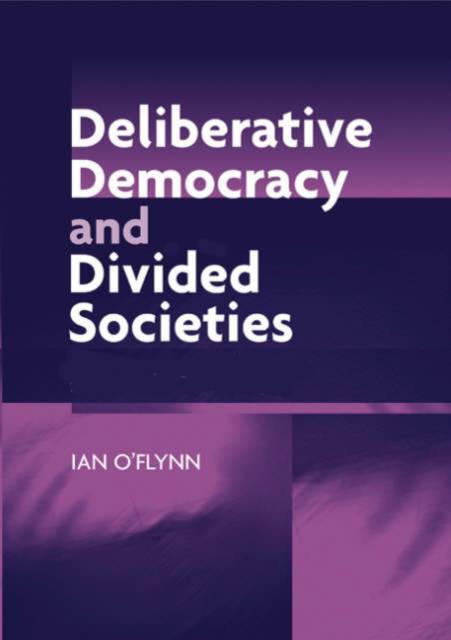
- Retrait gratuit dans votre magasin Club
- 7.000.000 titres dans notre catalogue
- Payer en toute sécurité
- Toujours un magasin près de chez vous
- Retrait gratuit dans votre magasin Club
- 7.000.0000 titres dans notre catalogue
- Payer en toute sécurité
- Toujours un magasin près de chez vous
155,95 €
+ 311 points
Description
In a world where the impact of internal conflicts is spreading ever wider, there is a real need to rethink how democratic ideals and institutions can best be implemented. This book responds to this challenge by showing that deliberative democracy has crucial, but largely untapped, normative implications for societies deeply divided along ethnic lines. Its central claim is that deliberative norms and procedures can enable the citizens of such societies to build and sustain a stronger sense of common national identity. More specifically, it argues that the deliberative requirements of reciprocity and publicity can enable citizens and representatives to strike an appropriate balance between the need to recognise competing ethnic identities and the need to develop a common civic identity centred on the institutions of the state.Although the book is primarily normative, it supports its claims with a broad range of empirical examples, drawn from cases such as Bosnia and Herzegovina, Lebanon, Macedonia, Northern Ireland and South Africa. It also considers the normative implications of deliberative democracy for questions of institutional design. It argues that power-sharing institutions should be conceived in a way that allows citizens as much freedom as possible to shape their own relation to the polity. Crucially, this freedom can enable them to reconstruct their relationship to each other and to the state in ways that ultimately strengthen and sustain the transition from ethnic conflict to democracy.
Spécifications
Parties prenantes
- Auteur(s) :
- Editeur:
Contenu
- Nombre de pages :
- 192
- Langue:
- Anglais
Caractéristiques
- EAN:
- 9780748621446
- Date de parution :
- 30-06-06
- Format:
- Livre relié
- Format numérique:
- Genaaid
- Dimensions :
- 156 mm x 234 mm
- Poids :
- 444 g

Les avis
Nous publions uniquement les avis qui respectent les conditions requises. Consultez nos conditions pour les avis.






